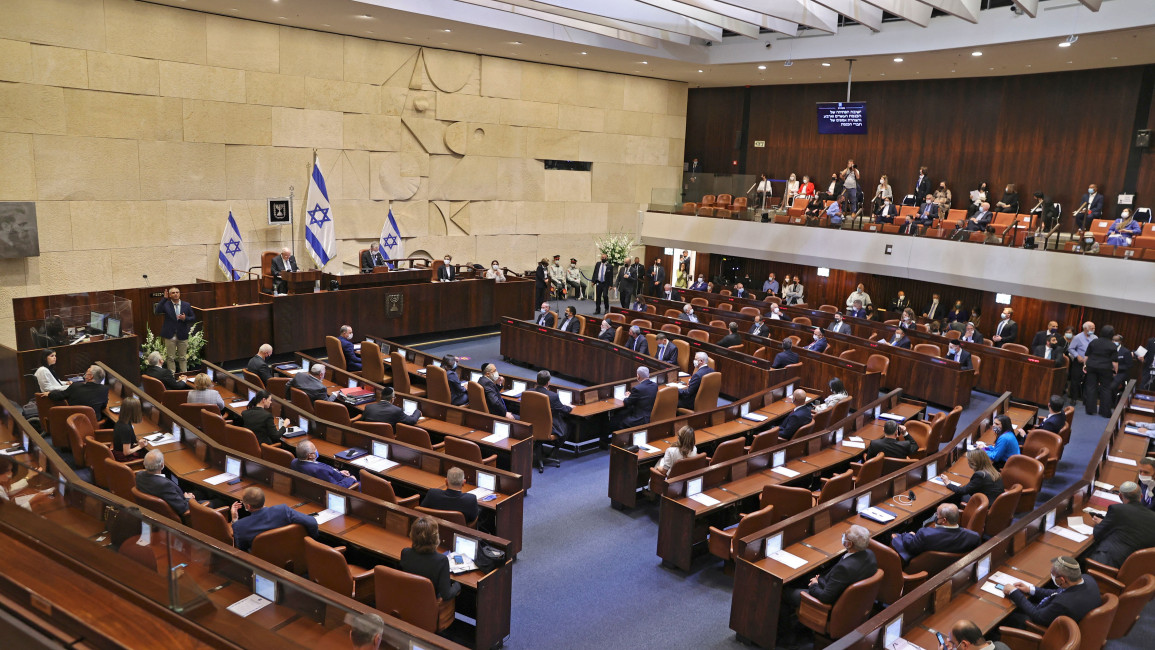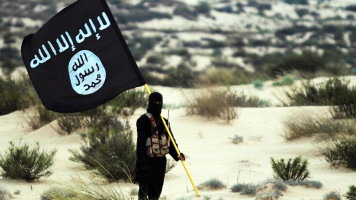Israeli draft law to limit academic speech labelled ‘McCarthyite’
A draft law currently being discussed in Israel's parliament has been labelled as undemocratic and "McCarthyite" by renowned Israeli physicist Uri Silvan.
The law, which has now passed the first of four votes in the Knesset, is said to pose extreme limits to academic speech and has been strongly opposed by many Israelis.
It gives a government-appointed committee the power to fire staff it believes have expressed "support for terror", while universities who refuse to fire academics could see state funding cuts.
Pro-Palestine activists and academics who have highlighted the horrifying death toll in Gaza are among those who have been accused of "supporting terrorism".
Silvan, who is the president of the prestigious Technion - Israel Institute of Technology, labelled the law "McCarthyite" because he believes it will see people prosecuted for their political and moral convictions.
"It is a form of McCarthyism, a very violent form, because it is meant to threaten people not to express their mind, in a system that should be free of any intimidation, encouraging free speech, encouraging criticism," Sivan said.
The physicist also noted concerns about the law's broad restrictions and for singling out academic institutions, adding that Israel already has laws against incitement to terror.
Other critics argue the legislation will undermine Israeli academia by limiting free speech and allowing accusations to be politically weaponised.
Ofir Katz, a member of the governing Likud Party and chair of the ruling coalition, initially presented the draft law as a private bill.
Supporters of the proposed law include former minister Benny Gantz and Israeli Education Minister Yoav Kisch.
The student union has backed the law, including by spending over $136,000 on a national billboard campaign to promote it, while the Association of University Heads (Vera) publicly criticised the stunt, calling it a divisive "campaign of persecution and incitement" that could lead to violence.
The law could also provoke international sanctions against Israeli universities for the limits on academic independence this would impose, Vera warned.
Israel has harshly cracked down on freed speech since the start of the Gaza war, activists say, with one teacher calling the atmosphere "a time of witch-hunts" after being charged with treason and held in solitary confinement for raising concerns about civilian deaths in Gaza.
The law could also disproportionately affect Palestinian citizens of Israel, with Nadera Shalhoub-Kevorkian, a Palestinian professor at the Hebrew University of Jerusalem, already being targeted for "political arrest" by Israeli police after she criticised the war on Gaza on a podcast earlier this year.







 Follow the Middle East's top stories in English at The New Arab on Google News
Follow the Middle East's top stories in English at The New Arab on Google News

![Beirut stadium [Getty]](/sites/default/files/styles/image_330x185/public/1235817272.jpeg?h=a5f2f23a&itok=0UZr2fIL)
![Israeli forces destroyed a religious shrine in the village of Shama in southern Lebanon [Getty]](/sites/default/files/styles/image_330x185/public/2184560625.jpeg?h=a5f2f23a&itok=Ge_H4GfP)